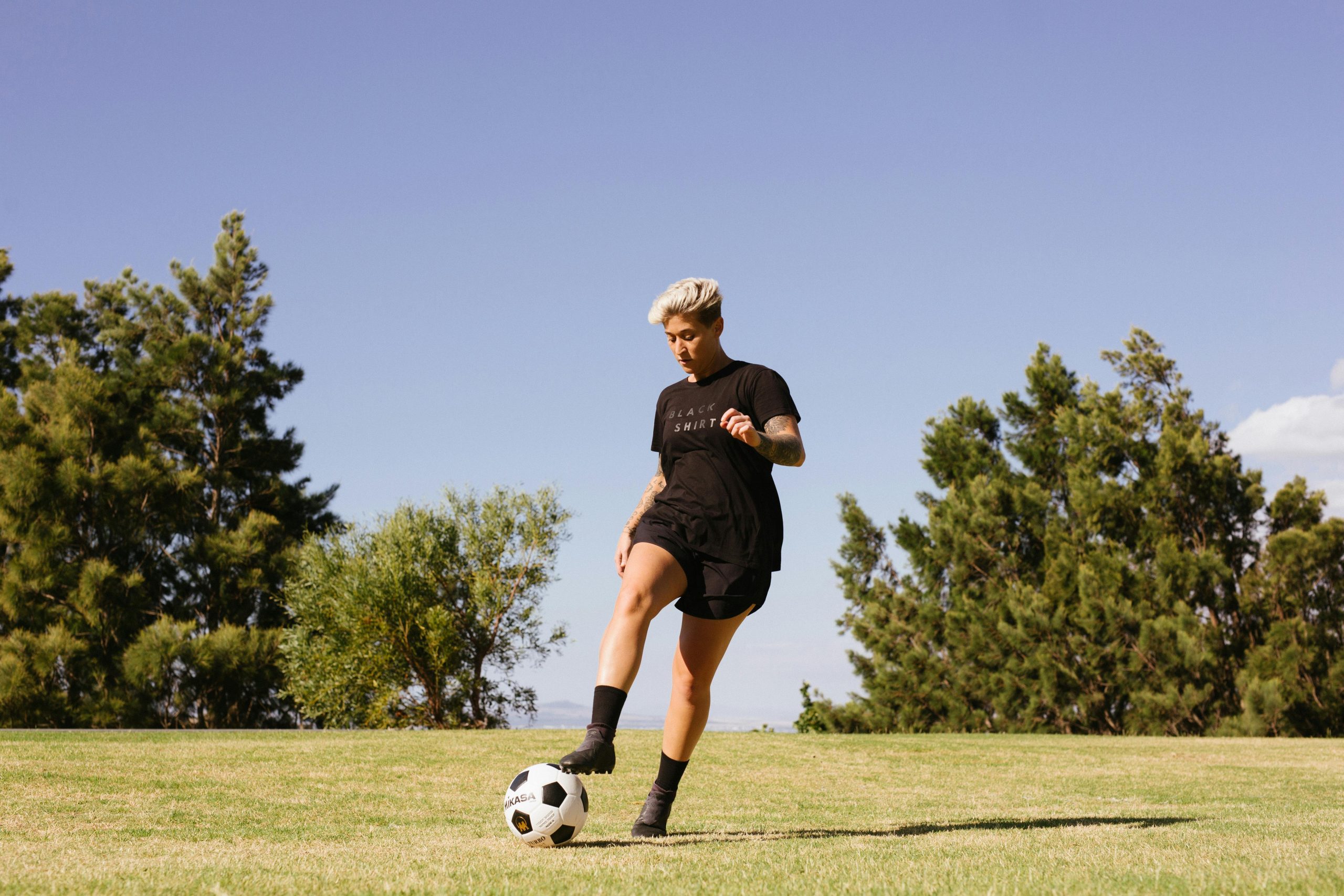
Translating Your Skills from Sports to What’s Next was originally published on Tackle What's Next.
You’ve learned A LOT from your sport. Things like discipline, teamwork, coachability, learning from failure and loss, leadership and so much more. Athletics is a great training ground for building skills that you’ll use for the rest of your life.
But sometimes it can be hard to understand how to best translate those skills into other areas. How can your leadership on a sports team translate into leadership in the workplace? How does your ability to bounce back from losing a game help you bounce back from other failures in your life?
It’s all about understanding those skills you’ve gained from sports and being able to utilize those skills in other situations.
When it comes to the workplace, it’s important to recognize that the skills you have from sports are valuable skills in any job. These are intangibles that every employer wants in their team members. It’s hard to teach resilience, leadership and teamwork skills, so the fact that you already have them puts you ahead of the game. You learned these skills through playing your sport, and now you can use it for those new endeavors you want to explore. But how do you communicate those skills?
First, be sure to understand what the job you’re applying for requires from you. Perhaps you are joining a marketing team juggling big deadlines – your time management skills juggling school, sports and everything else can serve here.
Second, talk about that skill by describing HOW you did it – not just what you did. How did you juggle all those commitments? What did you learn about yourself when you practiced time management? These are the conversations that will show your future employers that you really know what you are talking about and can apply it within their organization.
If you’re applying to be a manager, talk about your experience being a team captain and HOW you worked with the different members of your team to reach your goals for the season. Did you have to manage different personalities? Were there conflicts you had to resolve? How did you work together to make sure everyone’s roles were accomplished? Again, by describing the how of the skills you have shows your employer how you can bring that skill into their universe.
Third, ask for help if you need it. There are many former athletes out there in the workforce who have been right where you are. If you need advice, ask a fellow teammate, an alum or someone in the industry you’re interested in. They can give you real examples of how the skills they learned in sports have applied to their work now and how it could show up for you.
And remember, it’s not just about the job landscape – it’s about being able to use them in your personal life as well. By using these skills in your own life, you can be better prepared to handle anything that comes your way.
Your sport has given you a set of valuable skills that can apply throughout the rest of your life. If you can better communicate those skills and share with others how they translate into their world, you will be able to take advantage of many potential opportunities that come your way.
Want to read more about how to prepare for career transition? Sign up here for our newsletter and get our free e-book, plus events, resources and opportunities to help you in your next chapter.

